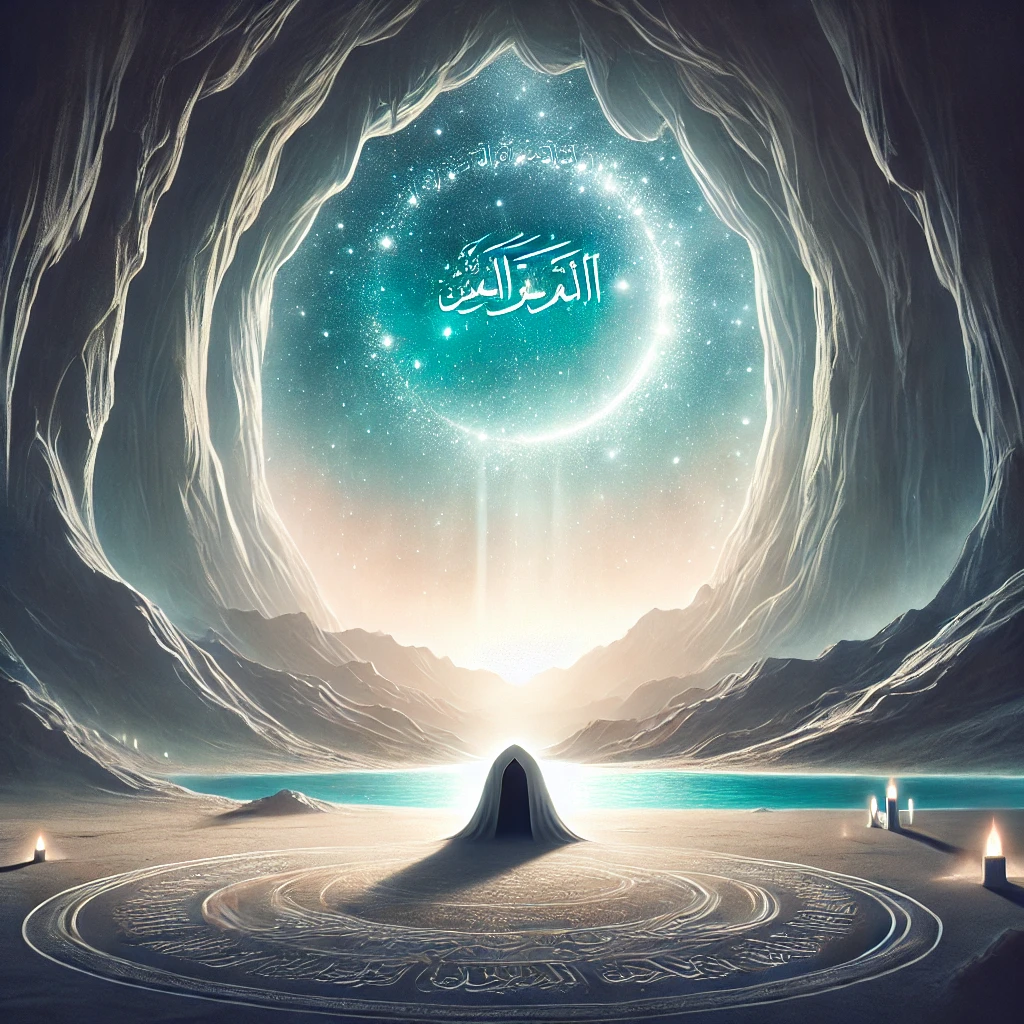Did you know the last three ayat of Surah Baqarah are among the most powerful verses in the Quran? These verses are full of guidance, mercy, and protection. Many Muslims read them daily, especially before going to sleep, to seek Allah’s help and peace in their lives.
In this blog, we’ll explore the meaning, benefits, and deep lessons of the surah baqarah last 3 ayat in a simple way that anyone can understand.
What Are the Last 3 Ayat of Surah Baqarah?
Here are the last 3 verses (Ayat 284–286) of Surah Al-Baqarah:
Arabic Text:
You may include Arabic verses here in a beautiful font or image.
English Translation:
Verse 284:
To Allah belongs whatever is in the heavens and the earth. Whether you show what is within yourselves or hide it, Allah will call you to account for it. Then He will forgive whom He wills and punish whom He wills. And Allah is over all things competent.
Verse 285:
The Messenger has believed in what was revealed to him from his Lord, and [so have] the believers. All of them have believed in Allah and His angels and His books and His messengers. They say, “We make no distinction between any of His messengers.” And they say, “We hear and we obey. [We seek] Your forgiveness, our Lord. And to You is the [final] destination.”
Verse 286:
Allah does not burden a soul beyond what it can bear. It will have [the consequence of] what [good] it has gained, and it will bear [the consequence of] what [evil] it has earned. Our Lord, do not punish us if we forget or make a mistake. Our Lord, do not place a burden on us like that which You placed on those before us. Our Lord, do not make us bear what we cannot handle. Pardon us. Forgive us. Have mercy on us. You are our protector, so help us against the disbelieving people.
Meaning and Message of These Verses
Let’s look at what these beautiful verses are teaching us:
- Verse 284 reminds us that Allah knows everything, even our thoughts. He is fair and powerful, and we should be mindful of our actions.
- Verse 285 shows us the importance of believing in all prophets and submitting fully to Allah. It shows the strong faith of the Prophet Muhammad (PBUH) and his followers.
- Verse 286 is a heartfelt dua (prayer) asking for Allah’s mercy, forgiveness, and support. It reminds us that Allah never gives us more than we can handle.
Benefits of Surah Baqarah Last 3 Ayat
Spiritual Benefits
- Brings peace and protection from evil and jinn.
- Strengthens faith and connection with Allah.
- Helps with nighttime anxiety and stress.
- Provides light and blessings in the home.
Everyday Benefits
- Reminds us to stay honest and humble.
- Helps build positive habits and self-reflection.
- Inspires patience during difficult times.
What the Hadith Say About These Verses
The Prophet Muhammad (PBUH) said:
“Whoever recites the last two verses of Surah Al-Baqarah at night, they will be enough for him.” – Sahih Bukhari
This shows that these verses are very special and protective. Many scholars believe this means the verses will protect you from harm and give you enough spiritual power for the night.
Why These Ayat Are a Powerful Dua
The last verse, Ayat 286, is a beautiful dua that covers everything we need:
- Asking for forgiveness if we make a mistake.
- Asking Allah not to give us burdens we can’t handle.
- Requesting mercy, strength, and victory.
You can recite this verse when you’re feeling weak, overwhelmed, or lost; it’s a prayer for help and hope.
How to Use These Verses in Daily Life
Want to add the surah baqarah last 3 ayat to your routine? Here are some simple tips:
- Recite them before sleeping every night.
- Memorize them one by one, understanding the meaning.
- Listen to a Quran recitation of these verses while commuting or relaxing.
- Write them down and keep them near your bed or on your wall.
Tafsir Highlights – Deeper Wisdom from the Ayat
According to Tafsir Ibn Kathir, these verses were revealed as a gift during the Night Journey (Isra wa Mi’raj). Allah showed His mercy by lifting the burden from believers and teaching them to turn to Him with trust and love.
These verses highlight:
- Justice and mercy of Allah.
- The importance of obedience.
- The reality that Allah is always near and listens to our prayers.
Conclusion (Surah Baqarah Last 3 Ayat)
The surah baqarah last 3 ayat are not just beautiful verses; they’re a powerful source of peace, protection, and guidance. Make them a part of your daily life. You’ll feel a stronger connection with Allah and find comfort in His words.
Try reciting these verses tonight. You might be surprised by the peace they bring.
FAQs About Surah Baqarah Last 3 Ayat
Q1: Can I read the last 3 ayat before sleeping?
Yes, it’s highly recommended in Hadith and gives protection throughout the night.
Q2: Are these ayat effective against black magic?
Yes, many scholars say regular recitation can protect against evil influences.
Q3: What does the last verse ask for?
It’s a dua asking for forgiveness, mercy, and strength.
Q4: Do I have to read all three verses or just the last two?
Reading all three is best, but the last two are especially recommended.
Q5: Can I listen to them instead of reading?
Listening is good, but reciting with understanding brings more reward.
